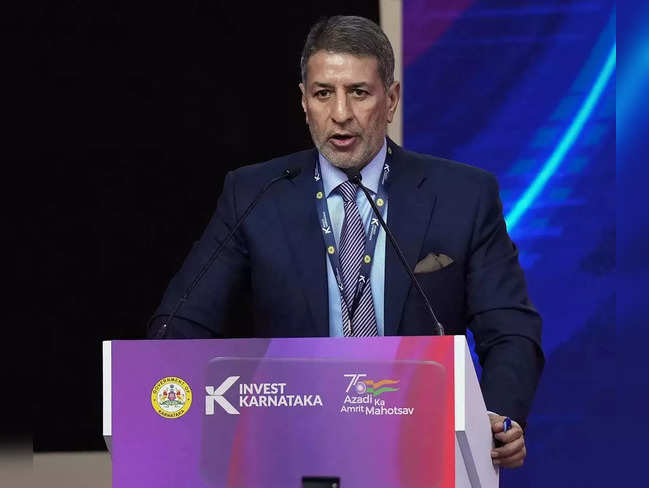
Regulating AI to build out responsible and trustworthy technology will have to happen in tandem with educating people who use it, added Vishal Sikka, founder and chief executive Vianai. Both were speaking at the Times Network India Economic Conclave 2023.
When asked if AI and its applications can be regulated in the first place, Sikka said that it is possible to do so. “We have regulated nuclear technology before, (and) dangerous chemicals. We need to be able to build responsible and trustworthy technologies,” he said.
He added that the fundamental issue with newer technologies like AI is the lack of education about it, in that, so few people understand it. There needs to be far more people who understand and build the technology for it to be used for positive impact, he said.
“The huge opportunity is to be able to not just create users of this technology but builders of the technology which will also remove the fear of it,” Sikka added.
Discover the stories of your interest

The two also spoke about the potential impact of AI on jobs. While Sikka and Mittal conceded that some jobs will be lost with every new technology, they said that it can be looked upon as an enabler to better productivity, if understood and used the right way.
“If people sit still and don't learn and don't understand how these technologies can improve the work that they're doing, then for sure take their jobs,” Sikka said.
“Every technology will bring disruption. Some jobs will be lost. We should be cognizant of that, and we should be ready for that. But if you really see the landscape over, let's say 20 years, there are so many other jobs that the technology creates,” Mittal added.
Speaking about the 5G rollout by telcos in the counter currently underway, Mittal said that connectivity is crucial for India as a country to grow. At a time when digital adoption is on the rise, connectivity will enable bridging the urban rural divide and help retailers, banks and other businesses reach out to different sets of consumers in the country.
“5G plays its own role in the way we connect the country on one side and the other side of it is the industrial needs of huge automation and real time working,” he added.
Sikka reiterated that the most important thing when talking of AI and its potential is to ensure adequate training is put into the number of people who can build technology and its applications.
















 Get Unlimited Access to The Economic Times
Get Unlimited Access to The Economic Times
